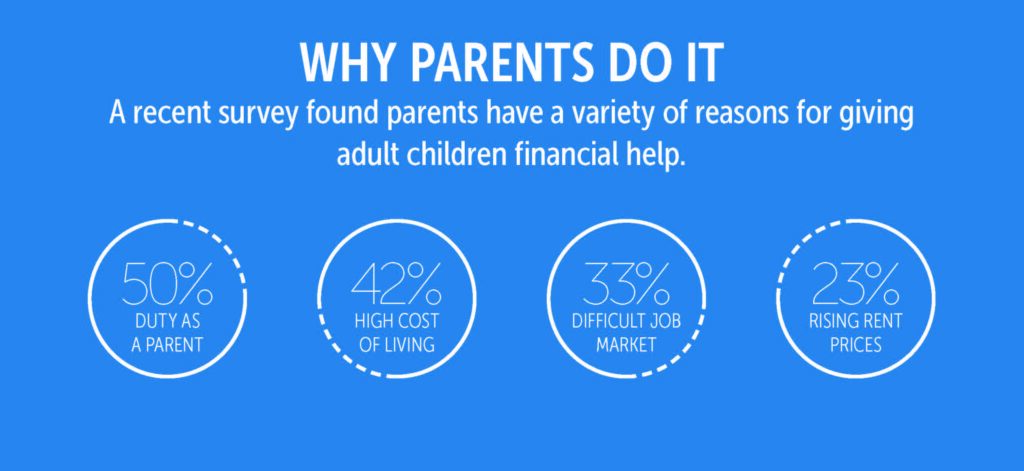
Research on women and finance has revealed a few paradoxes. Although, on average, women earn better investment returns than men while taking less risk, men’s 401(k) balances are generally 50% larger than women’s. Younger women have narrowed that gap to about 23%.
MANY FACTORS
The reasons women are less likely than men to build wealth are varied. Perhaps the most relevant is that in 2022, women earned 82 cents for every dollar earned by men, according to the Pew Research Center, making it harder for women to save. According to several studies, women also need more confidence in their investing abilities and tend to be less financially literate than men.
But perhaps the most significant factor next to lower pay is that women spend more time out of the workforce due to caring for children and/or elderly parents. Even when women return to work, the time spent away from the job may result in lower pay, interruptions in a career path, fewer promotions, and a decrease in contributions to retirement savings.
TAKE CONTROL
Whether single or married, women need to be involved with their finances. Becoming a knowledgeable saver and investor should be a priority. Start by defining short- and long-term goals — things you’ll need money for in a few months, a few years, and many years. Once your goals are defined, use them as a roadmap for making financial decisions.
PLAN FOR RETIREMENT
Contributing to an employer’s 401(k) or other tax-qualified retirement plan allows you to accumulate retirement savings while reducing your current tax liability. If you’re married and not working, your employed spouse can contribute to your spousal IRA.
GET HELP
Your financial professional can help you create a strategy for achieving all the goals you’ve identified. If you expect to be away from the workforce in the future, your advisor can help you plan for the absence by investing outside of your retirement plan. Choosing an accountant to help with tax issues and an attorney for estate planning will round out your team of professionals.


